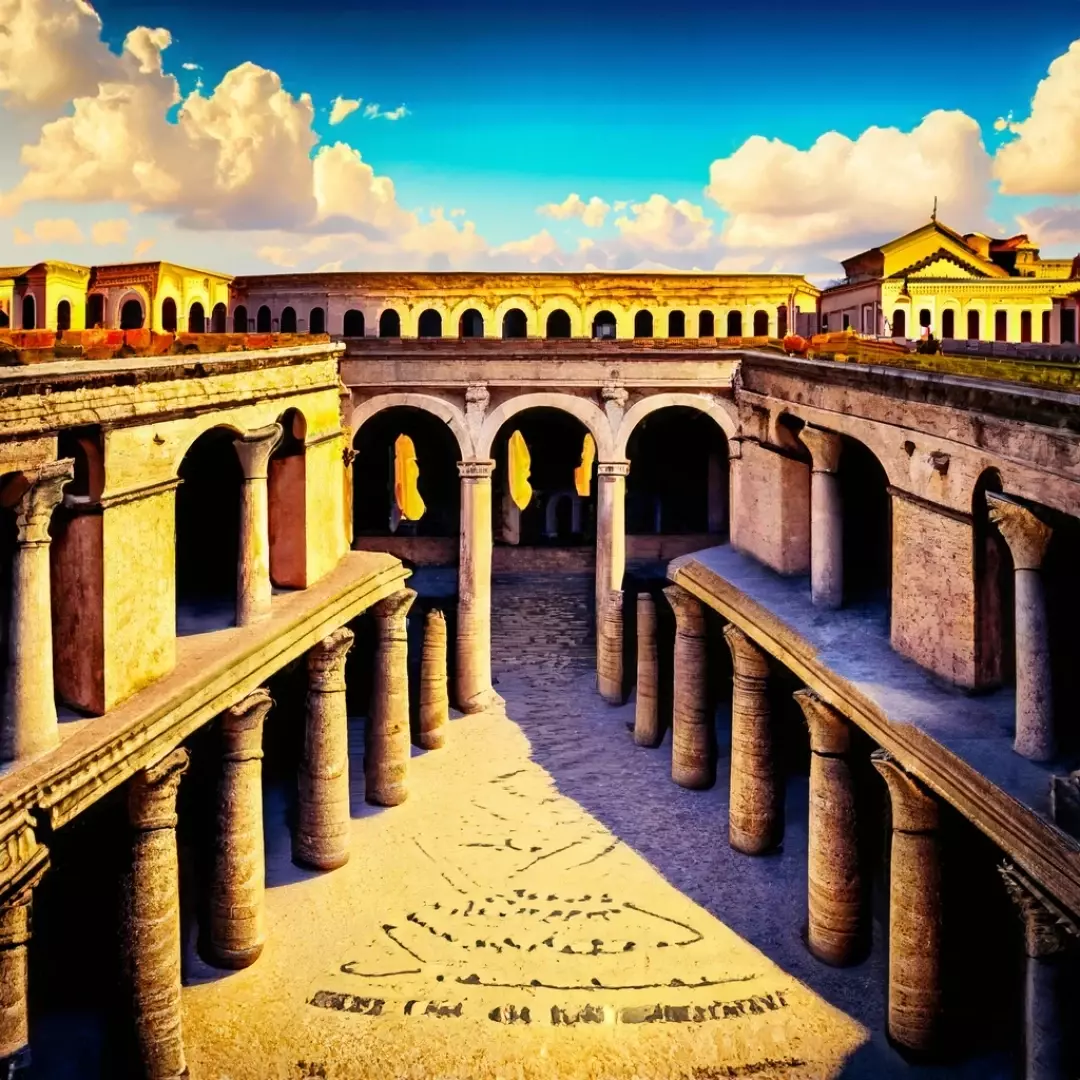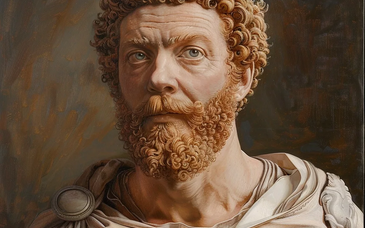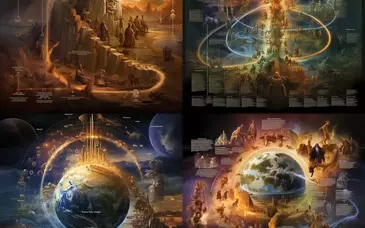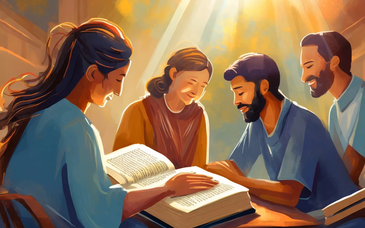Welcome to our Bible History post on "The Eternal City" - Rome, a captivating destination that holds profound significance in both Hebrew history and the biblical narrative. In this post, we embark on a journey to explore Rome's connections to Hebrew heritage, tracing its role in shaping the early Christian church and its impact on the Jewish people.
- Rome and the Jewish Diaspora: Rome's story intertwines with the ancient Jewish people, especially during the period of the Jewish diaspora. After the destruction of the Second Temple in 70 AD, countless Jewish exiles found themselves in Rome, contributing to the establishment of a vibrant Jewish community within the city.
- Roman Rule and Jewish Revolts: The biblical era saw Rome's rise to power, including its dominion over the land of Israel. The Roman Empire's rule significantly impacted Jewish life and sparked several Jewish revolts, notably the First Jewish-Roman War (66-73 AD) and the Bar Kokhba revolt (132-136 AD). These events left an indelible mark on both Jewish and Roman histories.
- Paul's Roman Journeys: Rome's biblical significance also extends to the journeys of the Apostle Paul. Acts 28:14-31 recounts Paul's arrival in Rome as a prisoner, where he continued to preach the gospel and spread the message of Christianity. His interactions with Roman officials and Jewish leaders shaped the early Christian church's foundation.
- The Jewish Catacombs of Rome: A remarkable testament to Rome's connection with the Jewish people is found in the Jewish catacombs of Villa Torlonia. These catacombs serve as a poignant reminder of the early Jewish presence in Rome and their burial practices during a time of religious and cultural exchange.
- Rome and Prophecies: Rome's role in biblical prophecy holds a symbolic representation. The Book of Daniel and the Book of Revelation contain references to various empires, including Rome, as significant players in God's divine plan. Their influence on Hebrew history and early Christianity reflects the unfolding of God's purpose.
- Modern-Day Jewish Presence: Today, Rome continues to hold a vibrant Jewish community, and the Great Synagogue of Rome stands as a testament to the enduring Jewish heritage in the city. The synagogue serves as a place of worship and a living reminder of the historical ties between Rome and the Jewish people.
The Eternal City of Rome stands as an enigmatic bridge connecting Hebrew history and the biblical narrative. Its role in the Jewish diaspora, the journeys of the Apostle Paul, and the Jewish catacombs showcase the profound intertwining of Hebrew heritage and Roman influence. Rome's significance in biblical prophecy underscores the divine orchestration of events in shaping human history. As we explore the Eternal City, we gain a deeper understanding of its place in the tapestry of Hebrew history and its enduring legacy in the annals of Christianity and Judaism.








